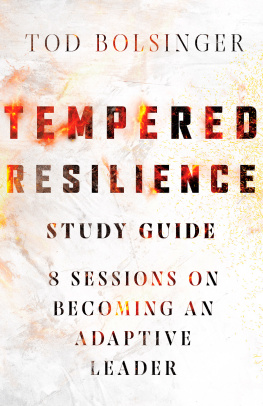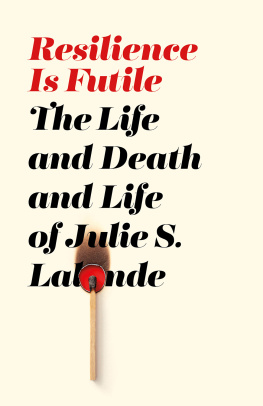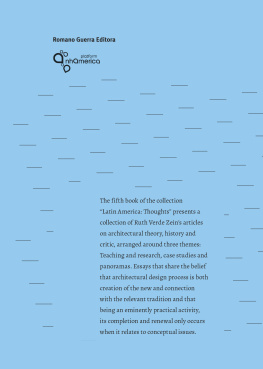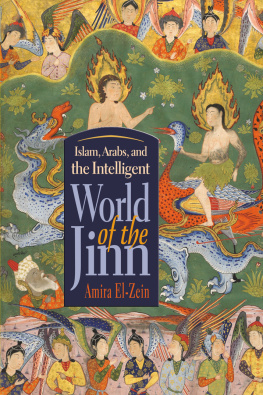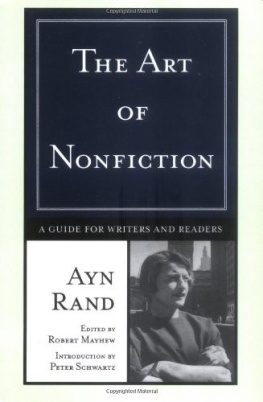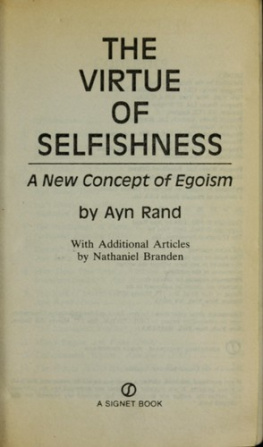Editorial
The series is edited by Elke Grittmann, Elisabeth Klaus, Margreth Lnenborg, Jutta Rser, Tanja Thomas and Ulla Wischermann.
Rand El Zein, born in 1991, is a researcher from Beirut, Lebanon. She received her PhD in Communication Studies at Universitt Salzburg and her MA in Media Studies at the American University of Beirut. Her research focuses on Arab media, feminist theory, and cultural studies.
Rand El Zein
Between Violence, Vulnerability, Resilience and Resistance
Arab Television News on the Experiences of Syrian Women during the Syrian Conflict
Diese Publikation wurde im Rahmen des Frdervorhabens 16TOA002 mit Mitteln des Bundesministeriums fr Bildung und Forschung im Open Access bereitgestellt.
Bibliographic information published by the Deutsche Nationalbibliothek
The Deutsche Nationalbibliothek lists this publication in the Deutsche Nationalbibliografie; detailed bibliographic data are available in the Internet at http://dnb.d-nb.de
This work is licensed under the Creative Commons Attribution-ShareAlike 4.0 (BY-SA) which means that the text may be remixed, build upon and be distributed, provided credit is given to the author and that copies or adaptations of the work are released under the same or similar license. For details go to http://creativecommons.org/licenses/by-sa/4.0/
Creative Commons license terms for re-use do not apply to any content (such as graphs, figures, photos, excerpts, etc.) not original to the Open Access publication and further permission may be required from the rights holder. The obligation to research and clear permission lies solely with the party re-using the material.
First published in 2021 by transcript Verlag, Bielefeld
Rand El Zein
Cover layout: Yara Abdallah, Beirut, and Maria Arndt, Bielefeld
Proofread: Marie Frohling
Printed by Majuskel Medienproduktion GmbH, Wetzlar
Print-ISBN 978-3-8376-5959-7
PDF-ISBN 978-3-8394-5959-1
EPUB-ISBN 978-3-7328-5959-7
https://doi.org/10.14361/9783839459591
ISSN of series: 2512-4188
eISSN of series: 2747-3937
Printed on permanent acid-free text paper.
Contents
Displaced Syrian Women at Work:
Everyday Resilience and the Neoliberal Subject
Dedicated to every woman who is grappling through life and refuses to kneel down. Thank you for your strength, thank you for your resistance, but more importantly, thank you for embracing your vulnerability.
I am my mothers daughter, which means on days when the world hurts, but I have things to do, I tell it to come back tomorrow. Maysan Nasser
Acknowledgements
I would like to first of all thank my mentor, Prof. Dr. Elisabeth Klaus, for her guidance, advise, expertise, and ecouragement throughout this project as well as my entire PhD experience. Watching her build and lead the doctorate school (DSP) for geschlecht_transkulturell at Universitt Salzburg has been one of my best learning experiences. Her mentorship has helped lead me to an area of scholarship that I am genuinely looking forward to continue working in.
I would like to thank the members of my committee, Prof. Dr. Sigrid Kannengiee, Prof. Dr. Kyoko Shinozaki, and Prof. Dr. Rudolf Renger, for their interest, contribution and input. I would also like to acknowledge the support Ive received from the gendup (Zentrum fr Gender Studies and Frauenfrderung) and especially the Marie Andener Stipendien, as well as the One World Scholarshop at the Afro-Asiatisches Institut. A great thank you to the editors at Transcript Verlag for suggesting to publish my work, and to every person that helped make this publication possible.. My deepest gratitude goes to my mother, my late father and Patrick for their unconditional support, constant care and their belief in me.
Introduction
1.1 Context and Significance
This book brings together two main fields of interest: communication studies and gender studies. It explores the relationship between power structures and the notion of agency among Syrian women during the recent conflict in Syria. The book poses questions on gender politics in the context of displacement, conflict, the body, and the nation. Its significance lies in its attempt to reconcile critical media theory as myriad and productive with the theoretical concepts on subjectivity, power, performativity, neoliberalism, and humanitarian governance.
Methodologically, the book introduces a research project that employs an inductive approach and uses a critical discourse analysis of Arab television news. Considering each television stations sociopolitical views and media ownership structures, I examine 32 television news reports aired between Jan 9, 2012 and Sept 27, 2018, from seven leading Arab television news stations: SAMA, SANA, Syria Al Ikhbariah, Al Jazeera, Al Arabiya, Al Aan, and RT Arabic. I explore how the dominant media discourses in the news discursively represented the experiences of women during the Syrian conflict. In the Arab television news, these experiences are frequently addressed in the context of the four main concepts: violence, vulnerability, resilience, and resistance. Therefore, in order to recover the meanings, the news producers give to the practices of representation, I propose a theoretical framework that provides a thorough understanding of the four main concepts and the social, political and cultural meanings they have in the context of the Syrian conflict.
By tracing the practices of representations in the news reports, the book exposes how the figure of the Syrian woman in television news was constructed in five dominant media frames:
a) Women as a source of shame
b) Women as victims of their previous imprisonment
c) Females as destined child brides
d) Women as the neoliberal subject
e) Women as mothers of the nation
I draw a connection between the television media frames and the cultural meanings and language disseminated in the media narratives; I then use this connection to trace the hegemonic discourse in the news reporting.
The hegemonic discourse is traced by examining how the production of the message was carried out by seven different procedures of media reporting:
a) The circulation of shame
b) Stigmatizing the female victim
c) De-humanization by misrecognized female desire,
d) Sentimental de-politization,
e) Strategic silencing
f) De-historicization
g) Nationalizing the female body
By presenting these findings, I expose how the Arab television news naturalized the suffering and precariousness of Syrian women during the conflict, on the one hand, and misrepresented and/or ignored their agentive attempts, on the other hand. The findings also show how the Arab television news either glorified the Syrian womens agency by depicting them as strong and resisting subjects fighting in the war or represented them as hopeless victims to the widespread outbreaks of violence and social and economic injustice during the conflict. I tackle those dichotomous images by situating this work in relation to previous work from the media, gender, and cultural studies disciplines. I use Judith Butlers concept of vulnerability and resistance as a main starting point for my research and borrow Michel Foucaults ideas on discourse, power, governmentality, and the subject, as well as Saba Mahmouds thoughts on reading agency beyond liberal politics.





